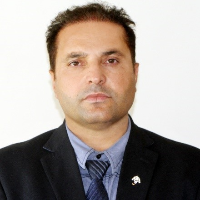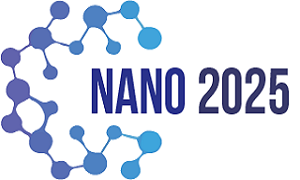Nanotechnology
Nano 2025

Chongqing University of Chinese Medicines, China
Abstract:
The antibiotic conventional dosage forms are considered as one of the main causative factors in the expansion of antimicrobial resistance (AMR) and multidrug resistance (MDR), which may be due to the lack of target specificity on the pathogenic bacteria, poor solubility, inability to enhance the bioavailability, instability, difficulty in reaching to the infection-microenvironment, severe side effects and toxicity due to excessive administrations. In the last few decades, in pharmaceutical nanotechnology the membrane-functionalized biomimetic nanosystems has been gaining eminent for on-demand antibiotic delivery with several advantages of biocompatibility, biodegradability, high multiple loading capacity, prolonged circulation, immune escaping, and infection-microenvironment responsiveness. Thus, targeting the MDR bacteria and biofilms with biomimetic nanoparticles encapsulating the conventional drug coated with erythrocytes membrane for on-demand antibiotic delivery, infection-microenvironment responsiveness with immune escaping ability is now a prime priority in modern nanotechnology, and considered as a future medicines for on-demand antibiotic delivery at MDR infection microenvironment.
Biography:
Zul Kamal is an Assistant Professor of Pharmacy at Shaheed Benazir Bhutto University, Pakistan. He holds a Ph.D. from Shanghai Jiao Tong University, with expertise in pharmacology, pharmaceutics, and traditional Chinese medicine. His research focuses on drug delivery systems, antimicrobial resistance, and herbal drug formulations. Dr. Kamal has published extensively in reputed journals like Molecules, The Lancet, and Pharmaceutics. He also serves as a consultant and has experience teaching at international institutions like SJTU. His work bridges modern pharmaceutical sciences with traditional medicine practices.
